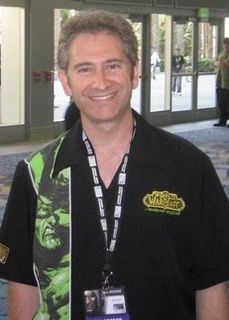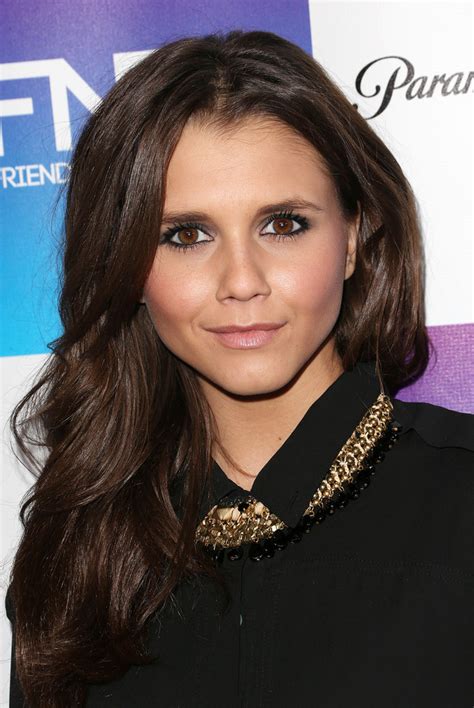A Quote by Emily Berrington
I really enjoy working with people who have come into this industry for what I think are really admirable reasons. People who really want to tell brilliant stories and do it in the most effective way possible.
Related Quotes
There are some really amazing artists and people behind the scenes who are really effective in championing feminism in the music industry, and I think that's really important for people in the industry and for young girls and guys to see. It should become universal. It's really about the other people understanding that everybody's equal and that women are equally as valid creatives, businesswomen, powerhouses...whatever you want to call them.
When I'm writing, I really want to satisfy myself. I've got a story that I am working on and struggling with, and I want to tell it the most effective way I can. That's really what I struggle with. And the thought of who may be reading it may be there somewhere in the back of my mind - I'll never say it's not there because I don't know - but it's not really what I'm thinking about.
We'd really like for BlizzCon to be something that the people who really really want to go, if this is something you're really passionate about, you want to be here at BlizzCon, we'd like it to be possible for you to get here. When we are selling out in a couple seconds, it's really not possible for a lot of people that really want to come.
To be in the music industry, to be in any kind of entertainment industry, you really, really have to be passionate about it and love it and persevere, because if that passion isn't there, it's easy to give up. If you really want it, the ambition is there, it'll come. It's definitely harder work than some people think.
Coming at the acting business as a technician, I really enjoy the process of working. I really enjoy being in a rehearsal room, starting a theatre piece for the first time. I really enjoy shooting in front of the crew, and I really love going on location. I think all that is just so exciting. So I've never really been drawn into the fame of being an actor, which in L.A., is part and parcel of the deal. I think for a lot of people, especially kids, it's hard to not get wrapped up in the world of the perks that the job brings.
There are some really great books that have been written about slavery, but I don't think that the discourse about it in society has been very accurate or healthy. I don't think we've come up with ways to tell it that don't insult people or hit them in the wrong way. Part of the problem is that most people don't really understand what slavery was anyway. Most white people didn't own slaves. Slavery was a way of life, just like driving cars is a way of life now. It doesn't mean that it was right.
I think most micro-brewers/craft-brewers are similar in that they enjoy making something themselves and at the end of the day they can enjoy the fruit of their labor. Most people really enjoy the process of making beer and like the industry as a whole. We often are passionate about what we do and enjoy talking to people about the art and science of making beer.
The really successful work in England tends to be working-class writers telling working-class stories. The film industry has been slow to wake up to that, for a variety of reasons. It still shocks me how few films are written or made in England about working-class life, given that those are the people who go to movies.
The problem a lot of writers have is that they really, really enjoy people saying, "You're brilliant." They let their self-perception be dictated by reader response. But if you're going to let other people make you feel good, you're going to end up feeling bad when they say the opposite. You've got to be a cultural stoic. Then you won't be devastated by people who respond negatively. Of course, the downside is that it sort of stops you from being able to enjoy people liking your work.




































